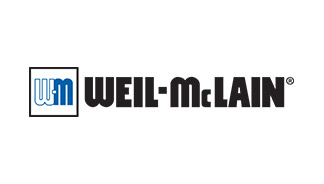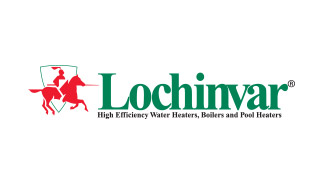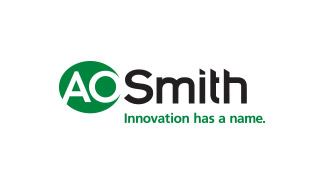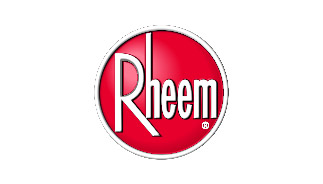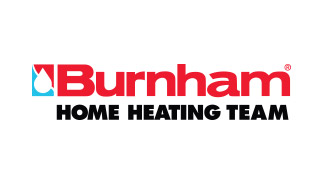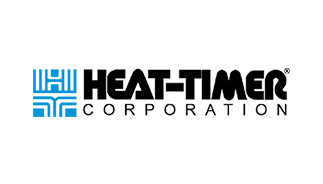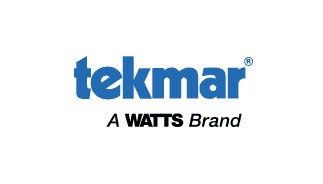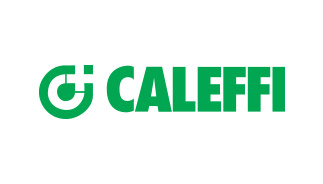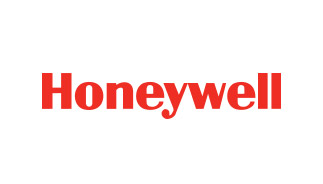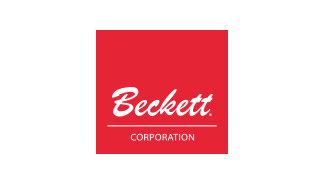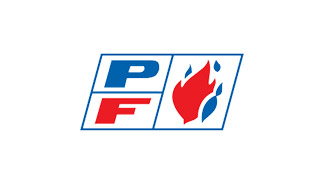Published on
May 1st, 2023New York City Boiler Inspection and Registration: What Are Your Requirements as a Property Owner or Manager?
Boiler inspections must occur each year during the Boiler Inspection Cycle, January 1 to December 31. Any property owner that does not comply violates building codes and faces fines and penalties.
Despite the rule’s clarity, some differences arise based on the boiler system’s pressure rating. A New York City boiler inspection is required, regardless of boiler type. Discover the rules and processes to make preparing for the event a breeze.
New York City Boiler Inspection
Requirements for Low-Pressure Boilers
All low-pressure systems are subject to the annual inspection requirement of the Department of Buildings.
The general maintenance staff is not to perform the required inspections. A property owner must hire qualified installers licensed by the DOB or an authorized insurer. Boiler systems are too dangerous and complex to entrust reviews to inexperienced or ill-equipped professionals.
System safety depends on the successful and routine completion of inspection in commercial and mixed-use properties regardless of BTU capacity. Also, the city requires inspections of residential buildings with a classification of Single Use Occupancy dwellings.
All H-stamped and E-stamped boilers in all aforementioned properties must complete annual inspections or face penalties and fines. HLW-stamped water heaters do not require an annual inspection.
Other exceptions include residential buildings with five or fewer families and single boilers in single dwelling units with dedicated heat-only operations.
Requirements for High-Pressure Boilers
The high pressure systems, including high-pressure electric boilers, must adhere to New York City boiler inspection rules; however, unlike low-pressure boilers, the systems require two annual inspections.
The NYC DOB requires an internal and external inspection of all high-pressure systems. The assessments should occur six months apart and within the same cycle.
According to DOB codes and city requirements, only authorized insurance companies can inspect high-pressure systems. The systems require experienced and skilled hands because of the numerous safety hazards.
High-pressure boilers are standard in multi-story commercial, mixed-use, and residential properties. The systems are also common in industrial and manufacturing facilities. If you need clarification on the capacity of your building’s system, talk to a licensed boiler professional and request an assessment. A professional service can help you determine the type of inspection you need and discuss regulatory compliance with you and your staff.
Requirements for Reporting
Property owners must file an inspection report for low-pressure systems within 14 days following the inspection. High-pressure systems also must file within 14 days following each assessment but with the caveat that inspectors must notify the DOB at least 10 days before the internal inspection.
According to New York City boiler inspection guidelines, a failure to file a report within the two-week window results in a civil penalty of $50 per month per boiler. The penalty starts the day following the deadline, and property owners face up to a maximum fine of $600 per boiler per inspection type.
Property owners that do not file within the specified timeline or the late period are subject to a failure-to-file penalty of $1,000 per boiler, per inspection type. If property owners do not file reports after inspections occur, any findings are invalid and expired, meaning they will need to supply new documentation.
Any defects found during a New York City boiler inspection require correction within 90 days of the original inspection date. Properties owners must submit an affirmation of the correction within 104 days of making it. Also, an inspection must occur after the correction, and property owners must file a report of the findings within 14 days of that assessment.
If a property owner fails to file an Affirmation of Correction, they face penalties of $1,000 per boiler. They are subject to a civil penalty of $50 per month for late filings, up to $600 per boiler.
Owners or licensees may request a 45-day extension for corrections and inspection filings. You can review guidelines for extensions as outlined in 1 RCNY 103-05.
Boiler Inspection Process
Preparations for a Typical Inspection
Preparing for inspections can feel overwhelming for a property owner or manager because there is so much at stake. Still, inspections are essential safety protocols to ensure a property continues functioning as intended for clients and tenants.
A typical inspection will assess the boiler’s mechanical elements and equipment. Licensed inspectors will evaluate the pump operations, burners, and valves and check for cracks and leaks. Also, a New York City boiler inspection will include various system tests to ensure safe operations.
Inspectors will file any concerns or violations with the city; they may also recommend routine maintenance tasks. Some essential maintenance tasks include:
- – Maintaining clean boiler or furnace rooms
- – Wiping down and cleaning essential equipment
- – Performing regular thermostat and pressure checks
While some routine maintenance tasks are safe for maintenance staff, professionals should assess and clean critical components. Permitting unqualified personnel to clean or work on boiler mechanicals opens property owners to liability and legal issues. Protect yourself and only work with licensed boiler professionals.
Beyond the New York City Boiler Inspection
Registration Requirements
Registration requirements vary based on boiler design and output. Boiler registrations fall under two categories. Category I registration covers boilers with a BTU per hour output of 350,000 to 2.8 million. Category II registrations cover systems with a BTU per hour output of over 2.8 million to 4.2 million.
You can check with the city to learn more about the specific classifications and registration processes. Property owners should check back with the city frequently to ensure they comply with the most recent changes to building codes and boiler operations.
Boiler registrations are valid for three years. At the end of the registration period, systems may require special assessments. Also, a new registration is necessary with the installation of new systems or significant upgrades or changes to the current system.
Professional New York City Boiler Inspection Service
Hire Calray Boilers for Your Building Needs
Are you ready for your property’s annual New York City boiler inspection? Contact Calray Boilers at 212-722-5506 to schedule an inspection or request assistance. As a boiler maintenance and repair leader, Calray’s team is always ready to help.
